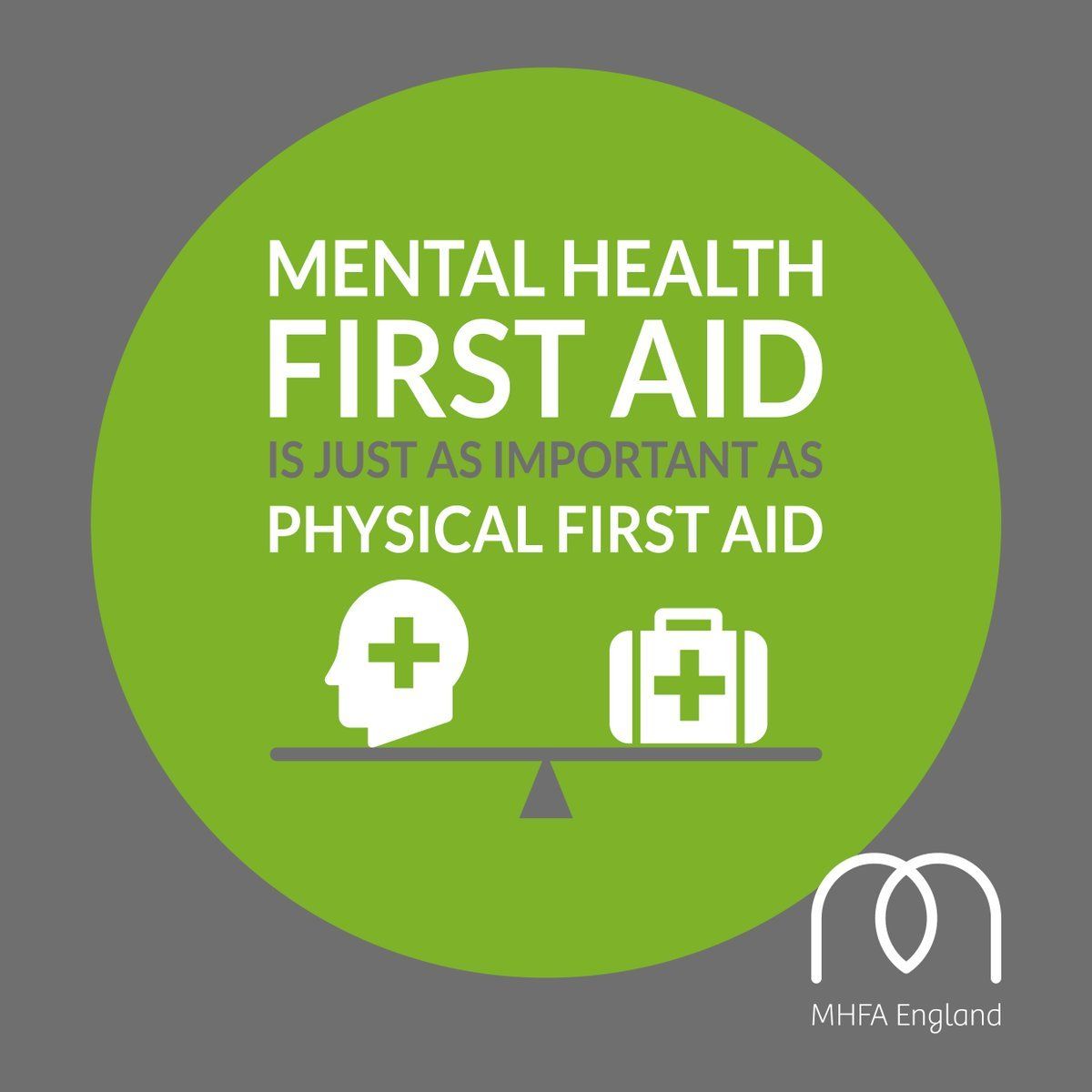Stress Awareness Month
What is Stress Awareness month?
Stress Awareness month has been held every April since 1992. The aim of dedicating a month to stress awareness is to increase public awareness about both the causes and cures for our modern stress epidemic. Millions of people around the UK are experiencing high levels of stress which damages both our mental and physical health. Stress is a significant factor in mental health conditions including anxiety and depression; it is also linked to physical health problems such as heart disease, immune system problems, insomnia and digestive problems.
It is important to notice what is causing us stress and the symptoms we display, this can help us to manage or seek help to stop us from feeling overwhelmed or unable to cope.
What can you do for Stress Awareness month?
The Stress Management Society promotes a 30 day challenge to regain connectivity, certainty and control. For each of the 30 days actions are picked for your physical, mental and emotional wellbeing to carry out every day. The 30 day challenge will maximise your chances of turning useful knowledge and techniques into positive behavioural change. The best thing you can do when experiencing high stress or anxiety levels is to make sure you continue to look after yourself by setting yourself time to relax, practice self-care activities and saying no to requests that are too much for you. You can view some helpful actions to try here
During Stress Awareness month you can also support others by talking about stress and its effects, sharing your coping mechanisms and showing empathy to those who are stressed or anxious. It is important to work together to reduce the stigma that is associated with stress by talking about it openly and freely with friends, family and colleagues.
UK Stress Statistics
Work-related stress is the most common form of stress in the UK with a staggering 79% of employed British adults in 2020 commonly experienced work-related stress. Only 1% of people in this survey state that they ‘never’ experience work-related stress. Some other examples of stress sources include money or financial stress, family and relationships and health stresses.
Work-related stress affects different industries more than others and can also be caused by a variety of reasons. The top 3 industries most likely to experience work-related stress are local and national government workers with 92% experiencing work-related stress, telecoms with 88% and media and marketing employees with 85% experiencing work stress.
The main causes of work-related stress include office politics, lack of interdepartmental communications, the employees personal work performance and the performance of others. Find out more about work-related and everyday stress statistics here
Helpful coping strategies
When experiencing high levels of stress we all use unhelpful coping strategies sometimes, but it is important to learn new, helpful coping strategies so we can healthily manage our stress. Mental Health First Aid (MHFA) England have created a guide of common helpful and unhelpful coping strategies that people use to deal with stress.
Some helpful coping strategies to try include:
- Exercising
- Setting time aside for self-care activities
- Learning a new skill
- Sharing how you're feeling with others
- Switching off from distractions
Unhelpful coping strategies that you should avoid include:
- Consuming too much sugar, caffeine or alcohol
- Overworking
- Spending free time in front of a screen
- Chasing perfection
- Bottling up your feelings
Talk to a member of our team today about how we can help with work-related stress surveys and management at 01793 784 334.
Share:







